Project: Population and Poverty (PopPov) Research Network
534 Search Results Found For : "climate change"
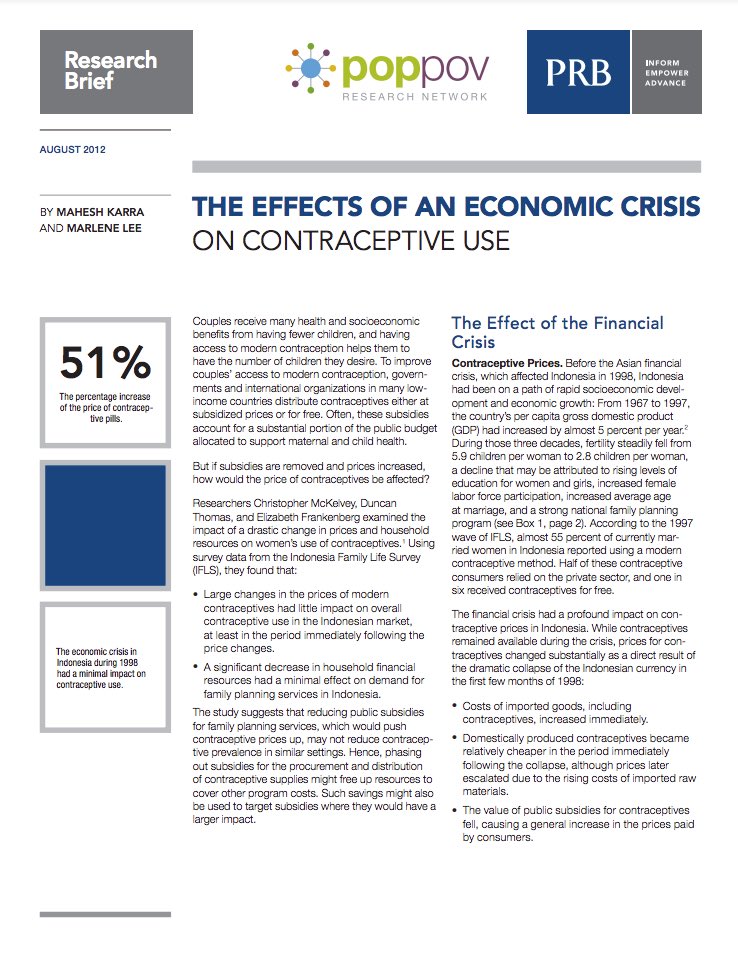
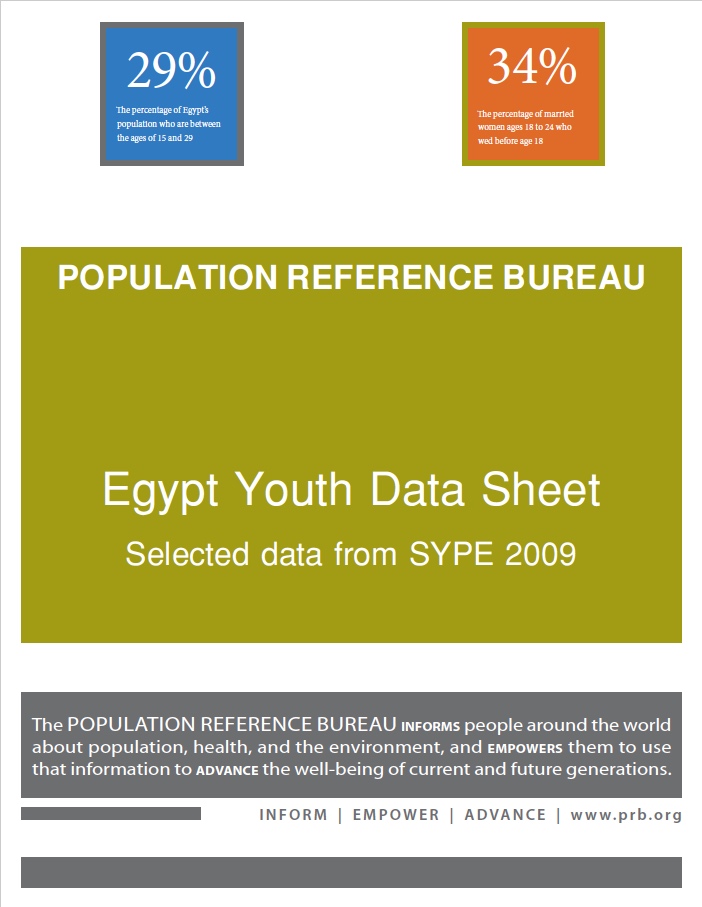
In Egypt, Young Women and People Living With HIV/AIDS Are Among the Most Disadvantaged
(2012) Jan. 25, 2012, marked the one-year anniversary of the antigovernment protests in Egypt that led to President Hosni Mubarak's resignation. Hundreds of thousands of Egyptians, including a vast majority of young people, demanded political freedom, better wages, and better working conditions.
In Memory of Bill Butz and Carl Haub
Current and former PRB staff members share their tributes to two PRB greats
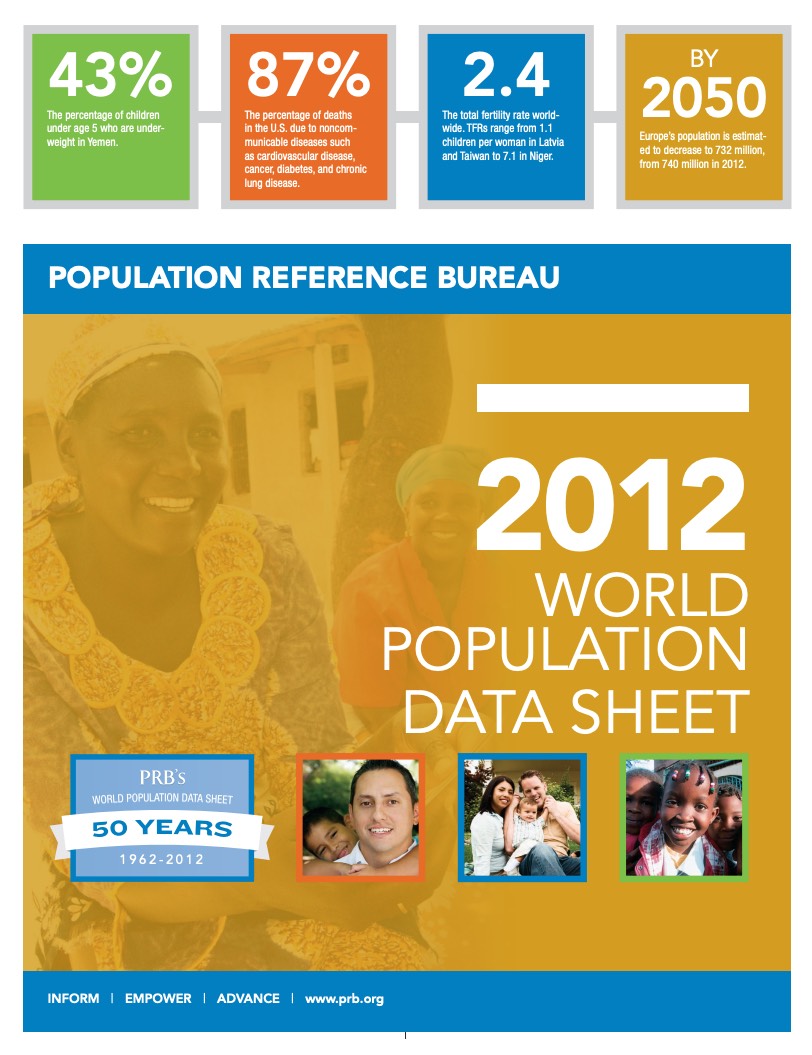
2012 World Population Data Sheet
Nearly all future population growth will be in the world's less developed countries, and the poorest of these countries will see the greatest percentage increase.
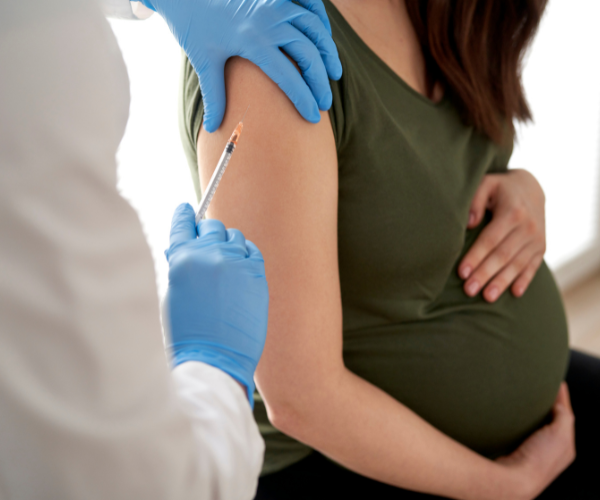
Vaccination During Pregnancy May Reduce Whooping Cough in Infants
New study finds drop in infant cases after experts promote vaccination for pregnant women
Rapid Population Growth, Crowded Cities Present Challenges in the Philippines
(2003) Fast-paced population growth and rampant urbanization represent some of the major population concerns in the Philippines, a country of 80 million people where the average number of children born to a woman is close to four and where a sizeable 37 percent of the population is under age 15.

8 Billion People: A Milestone by the Numbers
As Earth's population reaches the eight-billion milestone, we put it into context.
HIV/AIDS and Contemporary Population Dynamics
HIV/AIDS emerged in the late 20th century. Believed to have originated in Africa, the disease has spread worldwide. Occurrence of HIV/AIDS and primary means of diffusion vary among regions. Because of the social and economic impacts of this disease, students should have a good understanding of the patterns and processes that define the spread of the disease.
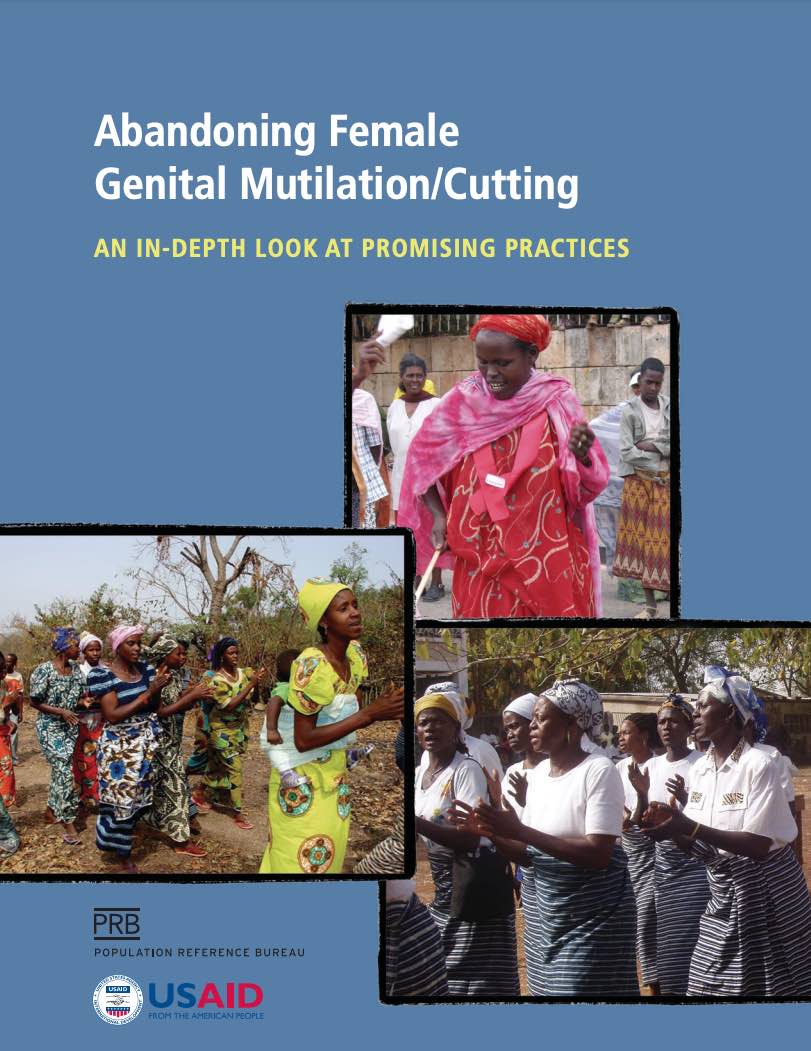
Report. Abandoning Female Genital Mutilation/Cutting: An In-Depth Look at Promising Practices

Project: PACE: Policy, Advocacy, and Communication Enhanced for Population and Reproductive Health
Webinar: Addressing Gender Through Integrated Population, Health, and Environment Approaches
Collecting, analyzing, and using gender-related indicators in projects is critical to addressing many of the underlying challenges that communities around the world face, particularly in integrated Population, Health, and Environment (PHE) projects.
